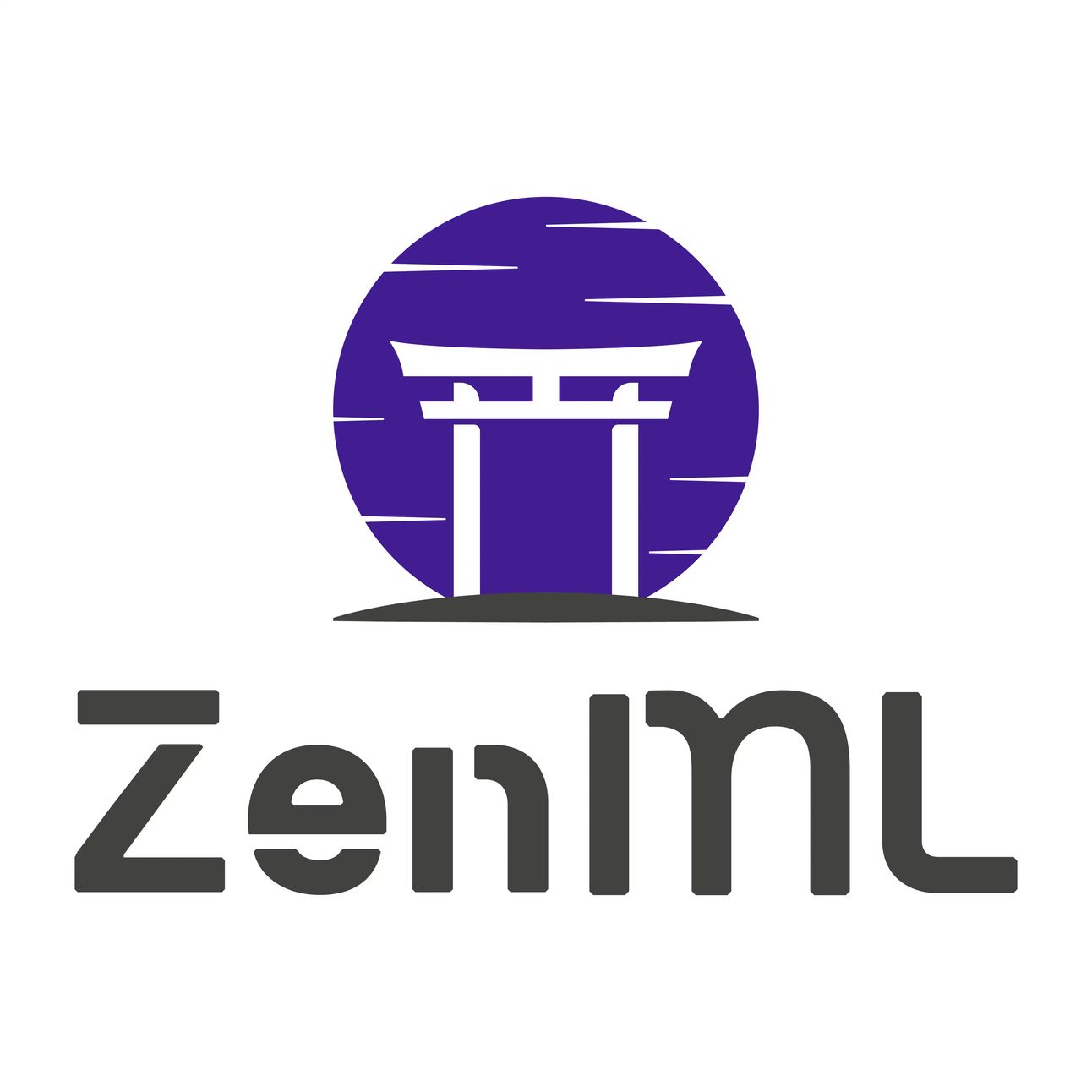TL;DR: The MLOps tooling landscape has evolved significantly, with open-source solutions now rivaling expensive enterprise platforms. This issue breaks down the essential tools across the ML lifecycle—from experiment tracking to model monitoring—highlighting free options that can transform your ML workflow without breaking the budget.
Welcome to the second edition of »IterAI! This week, we're exploring the MLOps tooling landscape in 2025, with a special focus on free and open-source options that deliver enterprise-grade capabilities.
The Evolving MLOps Toolchain
When I started in this field, the MLOps tooling landscape was fragmented and immature. Companies either cobbled together partial solutions or paid enormous sums for enterprise platforms.
Today, the picture looks dramatically different. Open-source tools have matured to the point where organizations of any size can implement robust MLOps practices without massive investment.
Let's break down the essential categories and the standout tools in each:
1. Experiment Tracking & Model Registry
Top Free Tools:

Source: https://www.mlflow.org/
MLflow: Still the gold standard for experiment tracking, model registry, and basic deployment. Its staying power comes from simplicity and flexibility.
DVC (Data Version Control): For teams that need more sophisticated data versioning capabilities, DVC integrates with Git to version large files and datasets.
Weights & Biases (Free Tier): While not fully open-source, their generous free tier offers excellent visualization and collaboration features for smaller teams.

Source: https://wandb.ai/site
Why This Matters: Without proper experiment tracking, you're essentially flying blind. One data scientist I worked with estimated they saved 10+ hours per week after implementing proper experiment tracking.
2. Feature Stores
Top Free Tools:
Feast: The leading open-source feature store, now with improved real-time serving capabilities in its latest releases.
Hopsworks Feature Store: Their community edition offers a comprehensive solution with both offline and online storage.
Why This Matters: Feature stores solve the critical problem of feature consistency between training and serving environments while enabling feature reuse across models. A fintech company I consulted with reduced feature engineering time by 40% after implementing a feature store.
3. Model Serving & Deployment
Top Free Tools:
BentoML: Simplifies packaging models with their dependencies and deploying them as microservices.
Seldon Core: Kubernetes-native serving with advanced capabilities like A/B testing and canary deployments.
ONNX Runtime: For optimized inference across different hardware targets.

Source: https://www.bentoml.com/
Why This Matters: Deployment remains the biggest bottleneck in many ML workflows. Standardizing serving infrastructure dramatically reduces time-to-production.
4. Orchestration
Top Free Tools:
Kubeflow Pipelines: For organizations already invested in Kubernetes, this provides end-to-end orchestration.
Airflow: While not ML-specific, new ML-focused providers have made it more suitable for orchestrating ML workflows.
ZenML: A newer entrant that's gaining traction for its simplicity and integration capabilities.

Source: https://www.zenml.io/
Why This Matters: Manual pipeline execution doesn't scale. A retail client automated their weekly model retraining process, freeing up data scientists to focus on model improvements instead of operational tasks.
5. Model Monitoring
Top Free Tools:
Evidently AI: Open-source tools for model and data monitoring with excellent visualizations.
WhyLabs (Free Tier): Their free tier offers basic drift detection and monitoring for smaller use cases.
Prometheus + Grafana: This combination works well for technical metrics when combined with custom exporters.
Why This Matters: Models that aren't monitored are ticking time bombs. I've seen countless examples of models silently degrading for months before anyone noticed.
6. Model Documentation & Governance
Top Free Tools:
Model Cards Toolkit: Google's open-source tool for creating standardized model documentation.
Great Expectations: For data validation and quality checks throughout the pipeline.
Why This Matters: As regulations around AI increase, proper documentation and governance aren't optional. They're essential for compliance and building trust.
Building Your Toolchain: A Practical Approach
Rather than trying to implement everything at once, I recommend a staged approach:
Start with experiment tracking and model registry - These provide immediate visibility and organization
Add standardized deployment - This addresses the most common bottleneck
Implement basic monitoring - Essential for catching problems early
Expand to orchestration and feature stores - These drive efficiency at scale
For a small team getting started, MLflow + BentoML + Evidently AI provides a powerful foundation that can be implemented in weeks, not months.
Quick Bytes
Tool Worth Exploring: ZenML is gaining traction for making ML pipelines reproducible across environments without the complexity of Kubeflow.
GitHub to Star: LangChain recently released Langgraph for orchestrating complex LLM workflows, which is worth watching if you're working with generative AI.
Quote to Consider: "The best MLOps stack isn't the most sophisticated one—it's the one your team will actually use consistently." - This has proven true across organizations of all sizes.
What MLOps tools are you using? Hit reply and let me know what's working (or not working) in your stack.
Until next week,
IterAI
P.S. If a colleague shared this with you, you can subscribe directly at iterai.beehiiv.com to get weekly insights on MLOps and AI.
